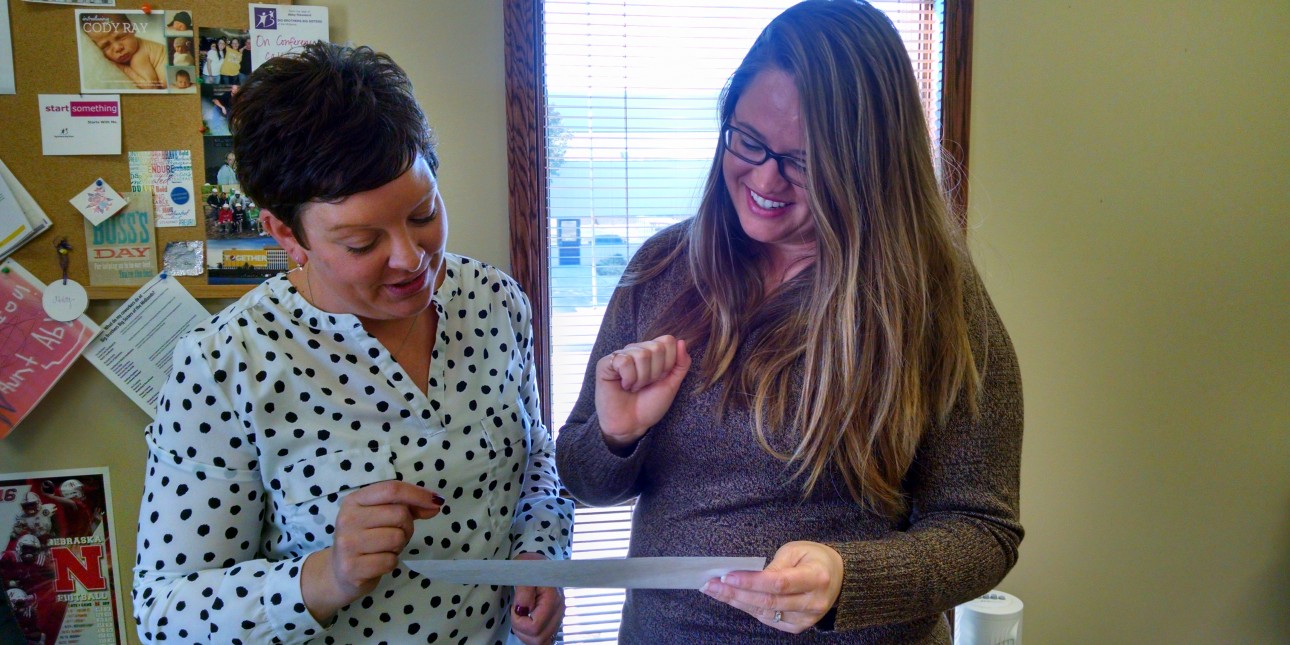
We have also acknowledged where we do not know enough and called for further research on what works in promoting fairness at work, and the role of the family and the reasons behind the success of those minority groups that have been surging forward into the middle class and the elite. Others focus on better use of data and the development of digital tools to promote fairness at work or for keeping young people out of trouble. Many of our recommendations, on Class B drugs or extending school hours for example, are aimed especially at the COVID-blighted generation of young people. Instead, our recommendations have tried to account for the messy reality of life and have been aimed, where possible, at everyone who is disadvantaged, not just those from specific ethnic groups. We have paid close attention to the data and tried to avoid sweeping statements or over-ambitious targets and recommendations. Too many people in the progressive and anti-racism movements seem reluctant to acknowledge their own past achievements, and they offer solutions based on the binary divides of the past which often misses the point of today’s world.

It is closer contact, mutual understanding across ethnic groups and a shared commitment to equal opportunities that has contributed to the progress we have made. And our experience has taught us that you do not pass on the baton of progress by cleaving to a fatalistic account that insists nothing has changed.Īnd nor do you move forward by importing bleak new theories about race that insist on accentuating our differences.

And we owe the mainly young people behind that movement a debt of gratitude for focusing our attention once again on these issues.īut most of us come from an older generation whose views were formed by growing up in the 1970s and 1980s. We were established as a response to the upsurge of concern about race issues instigated by the BLM movement. Our agenda is rooted in the significant progress we have made as well as the challenges that remain. We have focused not just on persistent race-based discrimination but on the role of cultural traditions, including family, within different minority groups, the overlap between ethnic and socio-economic disadvantage, and the agency we have as individuals and groups.Īnd we believe that perhaps more than previous reports on these issues a degree of optimism is justified. That has meant some challenging conversations about today’s complex reality of ethnic advantage and disadvantage, a reality no longer captured by the old idea of BAME versus White Britain. Rather than just highlighting minority disparities and demanding the government takes action, we have tried to understand why they exist in the first place. We have tried in this report to present a new race agenda for the country, relevant to people from all backgrounds.


 0 kommentar(er)
0 kommentar(er)
